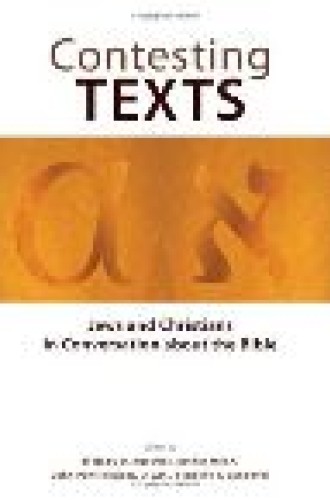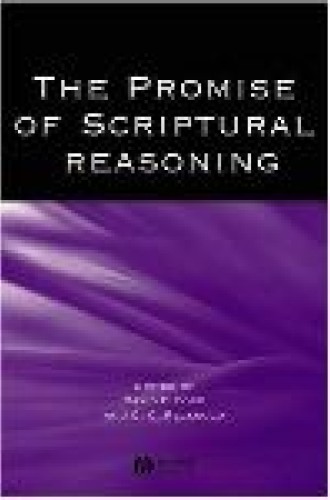BookMarks
The practice of scriptural reasoning is one of the most imaginative and productive approaches to interreligious dialogue. In this practice, Jews, Christians and Muslims come together to engage each other’s sacred texts in such a way that each religion is allowed to maintain its integrity, while a deeper understanding and appreciation develops of the other sacred texts and traditions. The goal is not to reach some kind of consensus but to bring out the differences, enhancing “the quality of our disagreements,” in the words of contributor Ben Quash. The practice can take place on the local level, and this collection can serve as a guide for folks who would like to form their own interreligious group for the sake of mutual hospitality.
This book grew out of a conference, sponsored by four seminaries in Chicago, which sought to promote Jewish-Christian dialogue through an examination of holy texts. Most of the contributors are biblical scholars and theologians. They sought to explore—somewhat like the scriptural reasoning project—how biblical interpretation might contribute to the dialogue, as well as deal with some sticking points between the two communities, such as the place of Israel in Jewish faith and identity. The participants included two Jewish scholars of the New Testament. One of them, Sarah J. Tanzer, takes up the knotty problem of how Jews are portrayed in the Gospel of John.






